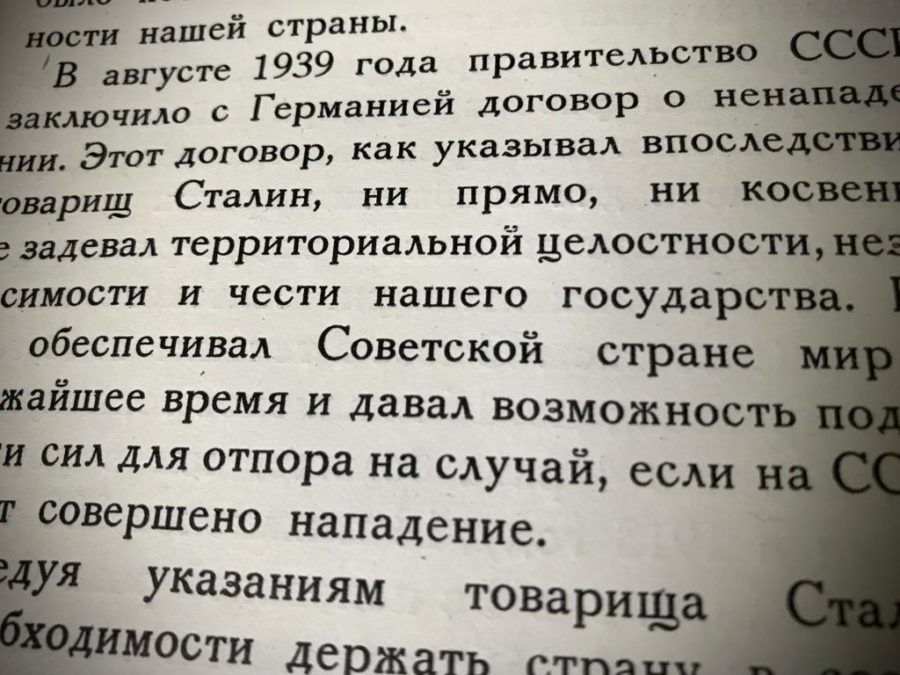24th May 2022 Belgrade, Serbia
History revision

I am a diplomat not a historian. But as a diplomat you cannot escape or ignore history – and nor should you want to.
It is desperately sad to see a country with a rich heritage being trapped by a re-imagined history rather than addressing present needs and future opportunities.
Chatting over dinner about 15 years ago in Moscow with two highly educated, successful Russian professionals, I heard one turn to the other and say: “Did you know that the War actually started in Europe in 1939?”
In the Soviet Union, official history glossed over the Molotov-Ribbentrop pact between Stalin and Hitler’s Foreign Ministers and the conflict it triggered long before Hitler’s 1941 invasion across the Soviet Ukraine’s western border.
From Gorbachev’s 1980s era of glasnost onwards, the people of the Soviet Union, and subsequently the post-Soviet republics, had to relearn history. As archives were opened and media freedoms increased, the reality of man-made famine, purges, decades of mass repression, deportations, forced labour, religious persecution, psychiatric abuse was brought to light.
So too were uncomfortable facts about the scale of continuing domestic wartime repression, crimes committed by some liberating Red Army soldiers, and civil armed conflict (a tragic fact in Ukraine like in Yugoslavia).
Step by step archives have become less accessible and truths less spoken, until people in Russia working to piece together history themselves have faced persecution and journalists writing the truth face criminal charges.
It is often said that the victors write history. But Putin tries to edit it again and again, whilst cynically accusing his critics of falsifying objective realities.
No-one would diminish the terrible price paid by Soviet citizens, including Russians and Ukrainians, fighting alongside Allies including the UK and resistance forces including in Yugoslavia, to defeat the Axis powers. But that heroic effort and suffering is now being hijacked and distorted to fit the false, shifting narrative of Putin’s catastrophic, barbaric military attack on Ukraine, an independent state recognised by Moscow in 1991.
Last week as the rest of Europe celebrated anniversaries of peace and reconciliation, Vladimir Putin staged a militaristic parade with shocking visual echoes of 1930s and 40s fascism, whilst propagating a distorted parallel between Soviet wartime resistance and his own illegal invasion of Ukraine.
As a former Russian Foreign Minister wrote recently, the Kremlin is propagating a myth ‘whereby the victims of aggression are being liberated from oppression’, with a false justification that is ‘a blasphemy against the holocaust and the millions murdered in the Second World War’.
It is incomprehensible how anyone whose family lived through the horror of the siege of Leningrad could inflict similar suffering on others – let alone upon a nation that contributed several million soldiers to the Red Army.
Putin’s Ukraine war is sheer madness. Over 12 million people have had to leave their homes in Ukraine. Over 5 million have left the country. It seems that more than 20,000 Russian soldiers are among the rising number of the dead. All because of that myth and that blasphemy. The world should stand with Ukraine for the sake of the Russian as well as the Ukrainian people.
This article first appeared in Serbian Danas daily on 19 May 2022.